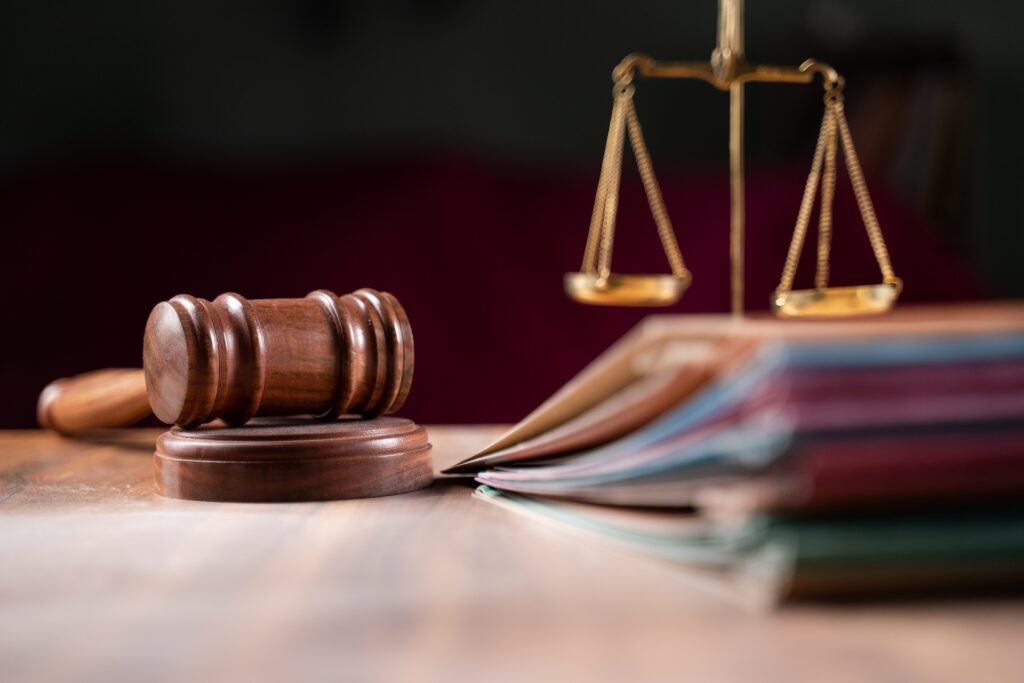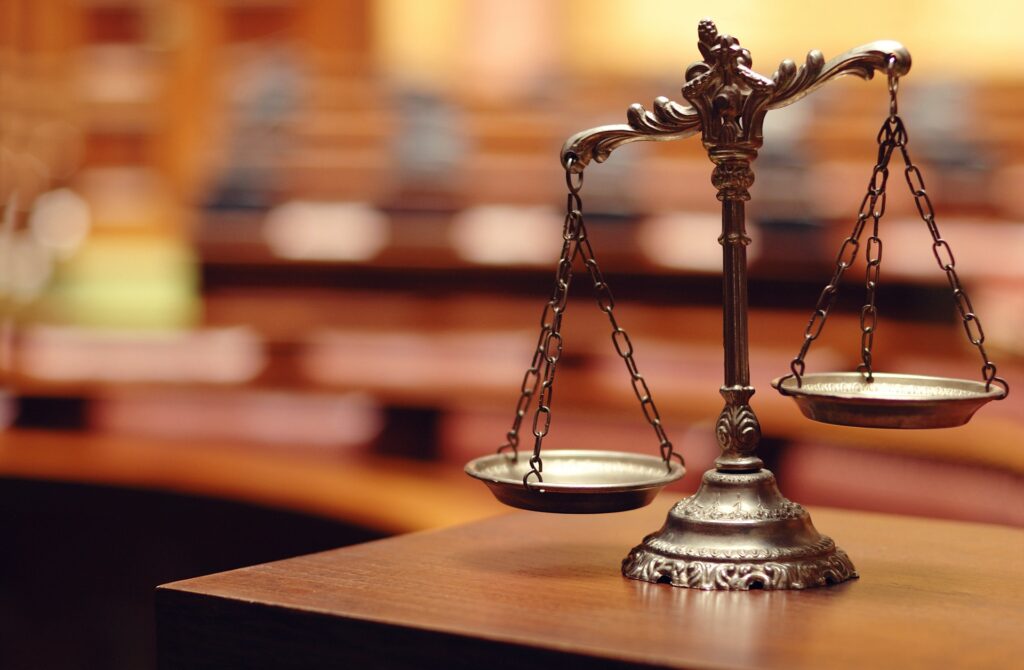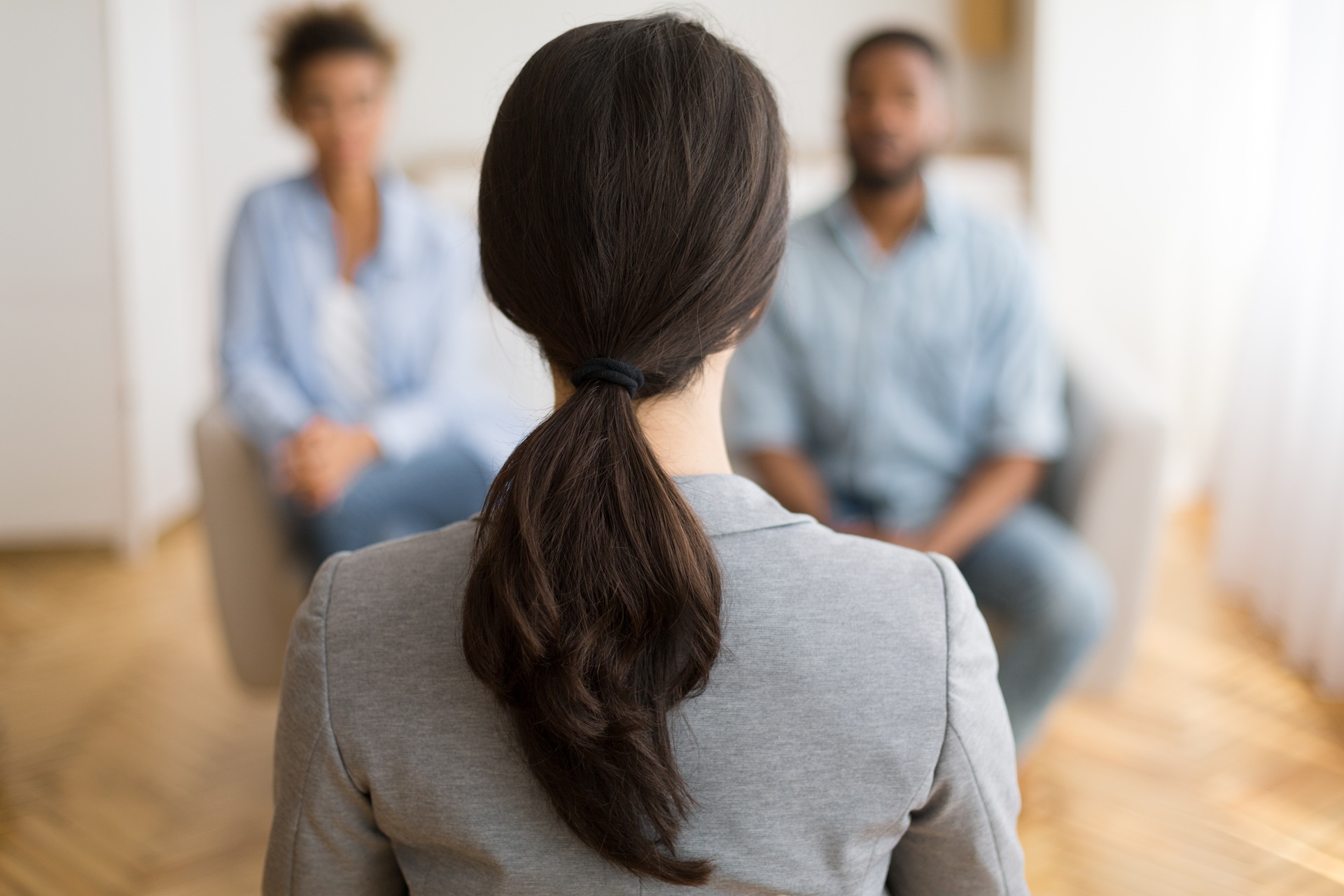How to Prepare for a Civil Domestic Violence Hearing in Washington State
Relationships with those we love are complex. Every relationship encounters its fair share of ups and downs, as disagreements are an inevitable part of the human experience. Even though most arguments between spouses or dating partners do not escalate to the point of violence, some do. According to the Washington Association of Sheriffs & Police Chiefs (WASPC), a total of 60,808 incidents of domestic violence were reported in Washington State in 2021 (the most recent data available). Incidents of domestic violence were most common among ex-dating spouses. It’s important to recognize that these statistics apply to only those incidents that were reported to law enforcement—many survivors of domestic violence do not report these incidents out of fear, shame, or the belief that there is no point in taking this step.
If you or someone you love has experienced acts of domestic violence at the hands of a current or former spouse, dating partner, parent, roommate, or another family member, it’s essential to understand that you have options to find safety once more. One option is to seek a Domestic Violence Protection Order (DVPO) in civil court, which compels the perpetrator (also known as the “respondent”) to stop all efforts to contact, harass, or stalk you or risk significant (even criminal) penalties). When the court receives a DVPO petition, it may hold a hearing in which both parties may present their viewpoints for the judge to consider when determining whether to grant the petitioner’s DVPO request. Let’s take a look at how the DVPO petitioning process works and what steps you can take to prepare for a civil domestic violence hearing in the Seattle area.
How Domestic Violence Protection Orders Work in Washington
If you live in Washington State and you are in danger of suffering acts of domestic violence, you have the right to petition the court for a Domestic Violence Protection Order (DVPO) that forbids the abuser from exerting control or committing further acts of domestic violence against you. Below are some of the most common questions that people ask about the DVPO petitioning process and the types of protections the petitioners can expect if their request is granted.
Who May Obtain a DVPO in Washington State?
While many people assume that a Domestic Violence Protection Order only pertains to intimate partners, Washington laws allow a wider range of individuals to seek a DVPO. You can petition the court for a DVPO against a current or ex-spouse, domestic partner, co-parent, relative (by blood, marriage, or adoption), roommate, stepparent, stepchild, grandparent, grandchild, or legal guardian. If you are unsure whether your situation meets the eligibility requirements for a DVPO, reach out to a compassionate and trusted attorney to discuss your options.

What Protections Does a DVPO Offer the Petitioner?
When you petition the court for a DVPO, you may indicate the types of protections you want to receive. The court will specify the behaviors the respondent is prohibited from exhibiting or performing. Depending on your circumstances, the DVPO may address the following protections: Prohibiting the respondent from contacting you in any way (i.e., texting, calling, or on social media); removing the respondent from a shared residence and prohibiting them from entering your home; awarding temporary custody of children to the petitioner; granting essential possessions to the petitioner; order the respondent into treatment or counseling; and order the respondent to surrender (and forbid them from possessing) firearms, dangerous weapons, and any concealed pistol licenses.
What Happens if the Respondent Violates the DVPO?
Washington law enforcement agencies take alleged DVPO violations seriously. If the respondent violates the terms of the protective order, they risk potential criminal or contempt charges. As soon as the respondent contacts or harasses you or engages in any type of behavior that violates the terms of the DVPO, report the violation to law enforcement right away.
Filing a DVPO Petition in King County
The first step to pursuing a DVPO is completing and filing the petition. You may locate the necessary forms here. As you complete the forms, you will be asked to provide certain information about yourself, the person you are naming as the respondent, and the types of civil protections you are seeking. Once you complete the forms, file them with the court. From there, a judge will review your petition (along with any evidence you filed with the petition) to determine whether your petition meets the requirements for a civil protection order.
If You Are in Immediate Danger
If the judge determines that you are in immediate danger, they may issue a Temporary Protection Order and Hearing Notice prohibiting the respondent from engaging in any efforts to contact the petitioner. This order will also inform the respondent that they should appear in court on a specific date, where they may respond to this order and present their point of view. Temporary orders are designed to provide immediate protection from imminent harm, so it’s important to recognize that they do not apply to every DVPO petition.

What Happens at the Full Hearing?
The full DVPO hearing is where the judge will determine whether to issue a final protection order. Both the petitioner and the respondent will have the opportunity to present their perspectives. If the respondent does not attend the hearing, the judge is allowed to proceed with the hearing and issue the DVPO.
Preparing for the Full Hearing
First, it’s important to understand that you will have a limited amount of time in which to speak during the hearing. With this in mind, you should consider making some notes about the main points you wish to raise when you have your time to speak. Here are just a few suggestions for what information to present to the judge or commissioner during the full hearing:
- Your relationship with the respondent
- Whether there has been a history of violence or abuse
- What would happen if the court denied your request for a DVPO
- Details about the incidents of domestic violence you have endured
- Copies of the police report related to any incidents of domestic violence
- Information about the ongoing danger you may be in (i.e., the abuser has firearms or has made threats of harm against you)
Putting Your Safety First
Many people seeking a DVPO are worried about how their abusers will act once they’re named as respondents. If you fear that your abuser will threaten or attempt to intimidate you at the hearing, consider calling the courthouse ahead of time to understand their check-in process for DVPO hearings. You have the right to request that a security officer or domestic violence advocate meet you outside the courthouse and remain at your side during the legal proceedings. If you have children, take some time to establish safe and reliable care for them during the hearing.
Lawyers Are Not Required, But Highly Recommended
Civil protection hearings do not require either party to hire an attorney. However, doing so is highly recommended. Victims of domestic violence often feel more empowered and secure with a knowledgeable legal advocate at their side, advocating for their safety and best interests. Respondents also benefit from enlisting legal representatives, as they can rely on their attorneys to defend them against unfair, baseless, or downright false allegations of domestic violence. If you arrive at the hearing without an attorney and you realize that the other party has a lawyer, you may still move forward with the proceedings and represent yourself. Those who seek legal representation often feel more confident when navigating the steps of this challenging (and often overwhelming) legal process.
Keeping Your Future as Bright as Possible
Whether you are seeking a DVPO against an abuser or you’ve been named as a respondent in a DVPO hearing, it’s natural to feel anxious and intimidated by what the upcoming legal proceedings entail. As you prepare for the hearing, try to prioritize staying calm, remaining sincere, and telling the truth. The courtroom may feel intimidating, but leaning on your attorney during this challenging time can give you the confidence and reassurance you need to move forward. No matter what, it’s essential to understand that you are never alone—your caring and understanding attorney wants to advocate for your best interests and ongoing safety. You can trust that they will work hard to keep your future as bright as possible, allowing you to obtain the legal protections you need to enjoy a stable and secure environment in which you (and your children, if applicable) can thrive.
If you are struggling with a domestic violence issue in the Seattle area, reach out to the Hemmat Law Group today by calling (206) 682-5200 to speak with a caring and knowledgeable attorney.
The Hemmat Law Group (HLG) was founded in 1994 by Steven Amir Hemmat, a former DOJ Trial Attorney. We specialize in family law, supporting victims of the legal system.
The Hemmat Law Group help good people in bad situations.
Our lawyers provide expert legal advice connected to protection orders, including in cases of domestic violence, stalking and neighbor disputes. Contact us today.














